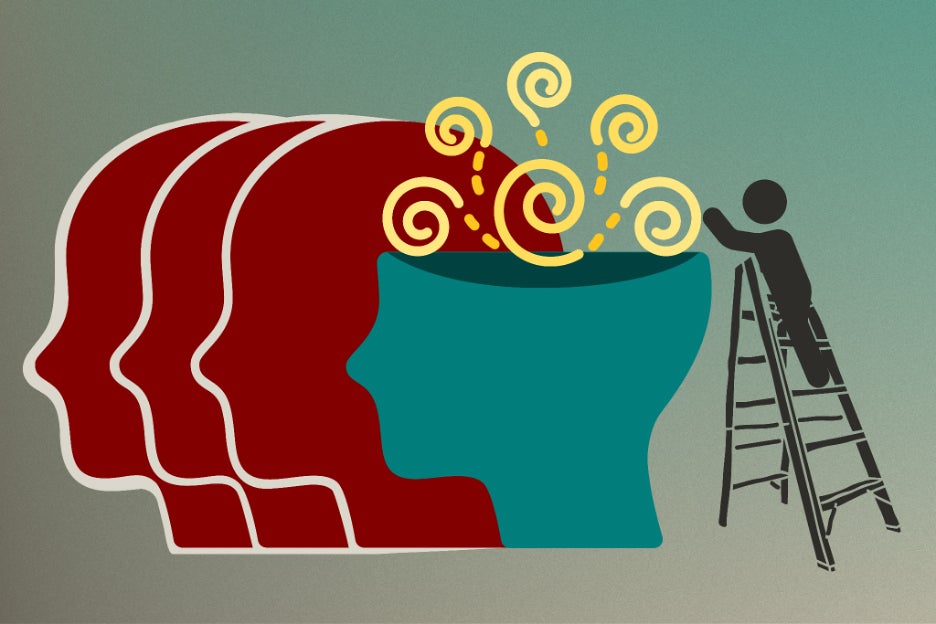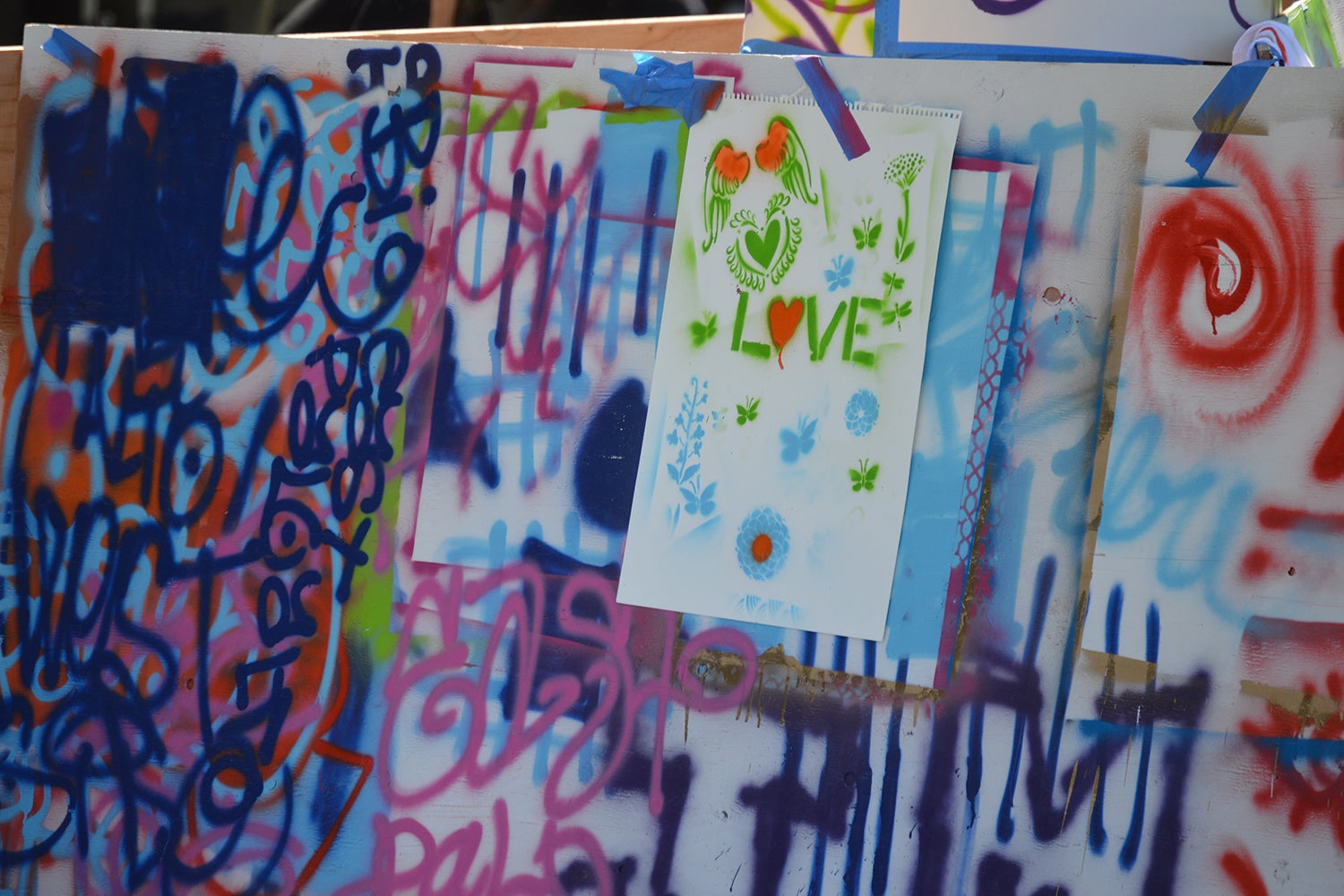Home / Special Initiatives / CYMHW / Stanford Redwood City Sequoia School Mental Health Collaborative
Stanford Redwood City Sequoia School Mental Health Collaborative
In an effort to understand and address the critical mental health needs of students and their families, the Stanford Redwood City Sequoia Mental Health Collaborative was initiated in 2020. This research-practice partnership with the Redwood City School District and the Sequoia Union High School District strives to facilitate positive and equitable outcomes for the youth it serves. Growing out of Stanford's long history of partnering with Redwood City, the Collaborative was established with funding from the Stanford University Office of the Provost. It aligns with Stanford's growing presence in Redwood City, including the campus, and most recently, the Cardinal Apartments.
Through this Collaborative, Stanford expands capacity-building research efforts with expertise and consultation from the Graduate School of Education’s John W. Gardner Center for Youth and Their Communities (Gardner Center) and clinical and systems consultation from the Stanford Psychiatry Center for Youth Mental Health and Wellbeing (CYMHW). In close step with school leaders, faculty and staff, the Collaborative strengthens district systems for supporting student mental health and wellbeing. This, in turn, supports the health and wellbeing of Redwood City and the Midpeninsula Region more broadly.
Partnership in this work includes:
Mental health professional
capacity-building
Expanding school and community mental health services in Redwood City schools and the surrounding community by extending research-based models, strategies, and resources, along with providing direct clinical support and consultation from the CYMHW.
Multi-tiered system of support focused
on student mental health and wellbeing
Strengthening and advancing district efforts by providing thought leadership and expertise. Delivering a collection of high-quality mental health resources while at the same time connecting them in the context of a coordinated and comprehensive system of support to effectively meet the range of mental health needs of students as they grow and develop through their K-12 years.
Improvement of data systems
and practices
Increasing district capacity to use data to better understand and improve student mental health and wellbeing. This effort is enhanced by Gardner Center’s ability to conduct original research in the context of community partnerships that draws on integrated data sets, utilizes mixed methods, and results in actionable findings.
Partners and Collaborators
In the News
- Stanford News
Stanford collaborates with local school districts to support mental health and well-being
The Stanford Redwood City Sequoia School Mental Health Collaborative was established in 2020 as a research-practice partnership to support the Redwood City and Sequoia Union High School Districts in building capacity to understand and address the critical mental health needs of thousands of area students and their families.
- Stanford News
Stanford deepens support for local students’ mental health
For decades, Stanford has engaged in school and community collaborations that support positive youth development, including efforts focusing on mental health and well-being.

